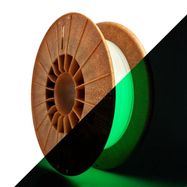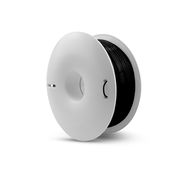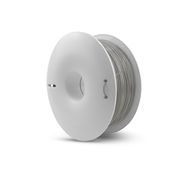Delivery terms
Pickup In Store For free
Quantity in shop
 Not available Not available | Vilnius Žirmūnai Store |
 Not available Not available | Vilnius Naujamiestis Store |
 Not available Not available | Kaunas Store |
 Not available Not available | Klaipėda Store |
 Not available Not available | Šiauliai Store |
 8 pcs 8 pcs | Central Warehouse (new location) |
Home delivery in Lithuania
After handing over the goods to the courier, we will inform you by e-mail. If you are ordering outside of Lithuania please use www.lemona-electronics.eu to order.
Over €50.00 (Orders up to 1000 kgs) | For free |
To €50.00 (Orders up to 3 kgs) | €3.49 |
To €50.00 (Orders up to 1000 kgs) | €4.99 |
Delivery to a DPD Pickup location
€2.39
Product description

PCTG is an advanced 3D printing filament, belonging to the same polyester family as the popular PET-G. Compared to PET-G, PCTG has higher impact strength, heat resistance (up to 76°C) and transparency. It offers an interesting alternative to PET-G.
Like PET-G, PCTG does not require a heated print chamber, making it an excellent choice if you plan to print on open hobby printers.
PCTG is characterized by high flexibility, strong adhesion between layers, high viscosity and minimal shrinkage. Its characteristics enable easy and efficient printing, even for those without much 3D printing experience.
3D printing using PCTG is widely used in various sectors. In industry, it is an ideal choice for creating parts, small batch production and usable models, confirming the versatility of this material.
The automotive sector also benefits from the advantages of PCTG, using it to print accessories, components in the engine compartment, vehicle component housings, as well as components such as air intakes and fluid inlets (chemical resistance).
In the world of sport, PCTG proves its value in the production of various types of accessories, protectors, etc. The properties of this material guarantee not only the high durability of the finished prints, but also their aesthetics and functionality.
APPLICATION
- spare parts,
- small batch production,
- utility models,
- engine compartment accessories and components,
- vehicle component housings,
- air intakes,
- service fluid inlets,
- sports accessories, protectors, etc.
HOW TO PRINT
Recommended printing temperature 240-270°C.
Recommended table temperature: 60-80°C.
Heated table required
TECHNICAL PARAMETERS
Diameter 1.75 mm
Diameter tolerance +/- 0.05 mm
Oval tolerance +/- 0.02 mm
Net weight 1000g
Print temperature 240-270 °C
Bed temperature 60-80 °C
PHYSICAL PARAMETERS
Density 1,24 g/cm3
Odor Odorless
Tensile strength (to break) 46 MPa
Notched Izod impact strength 92 kJ/m2
Vicat softening point 76/64 °C (0,455 MPa/1,82 Mpa)
Printable model for refill spool sides you can download here:
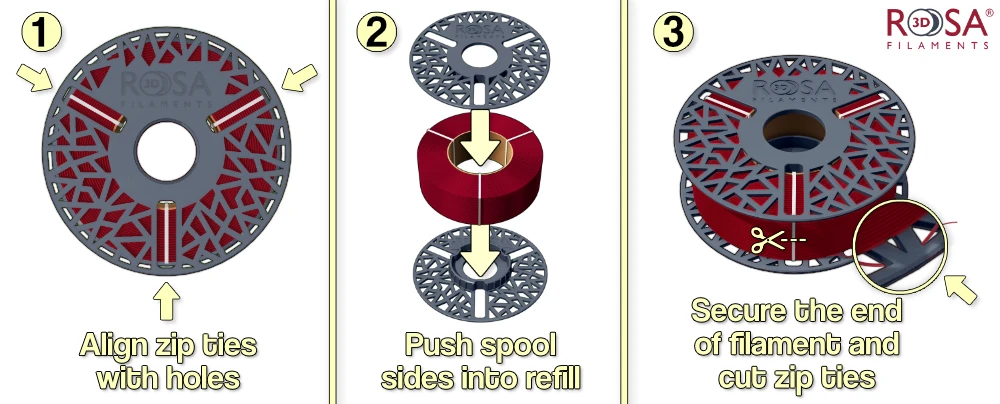
Recommended printing parameters:
